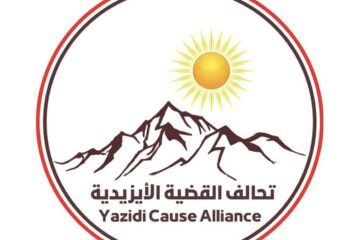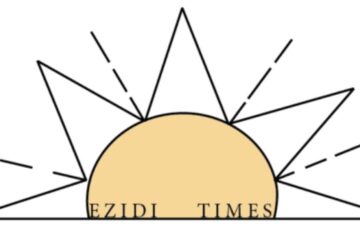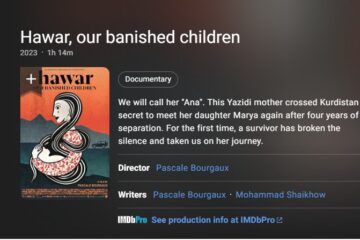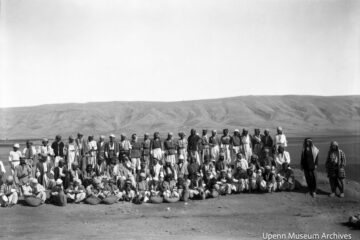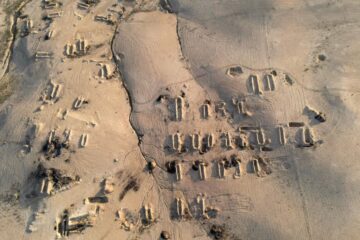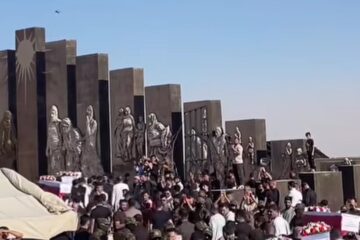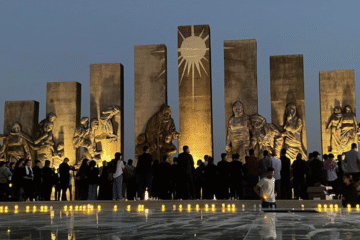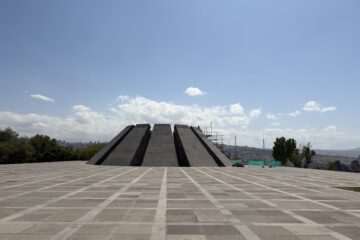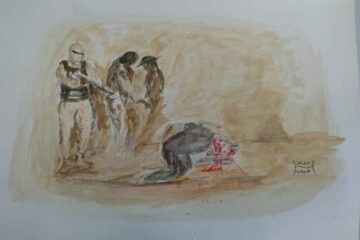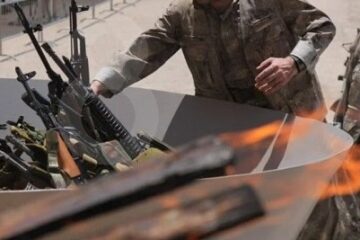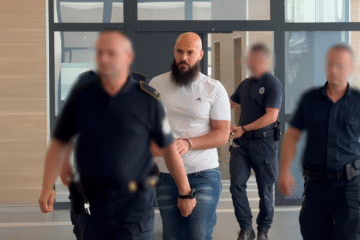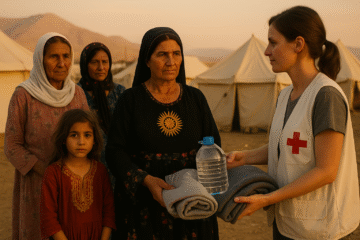L’humanité traverse l’histoire en portant les cendres de ses propres crimes. Chaque pierre posée dans des mémoriaux comme celui de Tsitsernakaberd murmure des vies éteintes et des promesses trahies — plus jamais ça, disons-nous, et pourtant, encore et encore, nous échouons. Tandis que la flamme éternelle brûle pour les Arméniens de 1915, elle projette une ombre jusqu’à Sinjar, où le peuple ézidi souffre encore des conséquences du génocide déclenché par l’État islamique en 2014. Onze ans plus tard, les blessures demeurent béantes, aggravées par la trahison, la négligence et des jeux politiques cyniques. Combien de mémoriaux faudra-t-il encore ériger avant que nous comprenions enfin que le souvenir ne suffit pas — que la justice et la protection doivent suivre, faute de quoi le cycle ne prendra jamais fin ?
